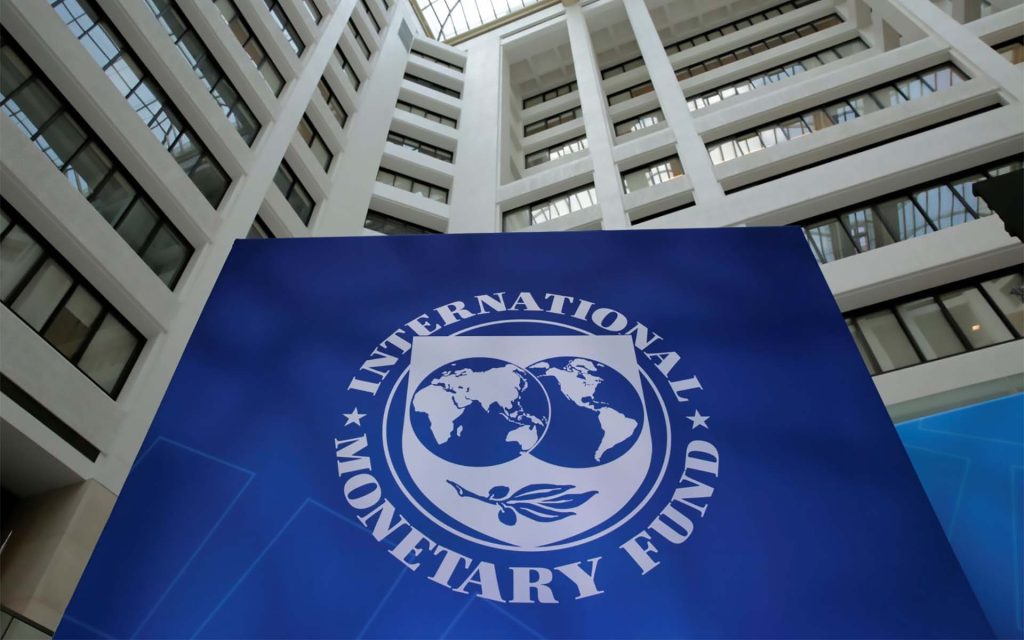An International Monetary Fund (IMF) staff mission will arrive in Accra at the end of September 2025 to conduct the 5th review of Ghana’s economic programme, a critical step before the facility concludes in May 2026.
The visit follows Ghana’s successful completion of the 4th review earlier this year. The final review is slated for April 2026.
Analysts describe the 5th review as especially crucial, warning that Ghana may face difficulties in sustaining fiscal discipline once the IMF programme ends. Donor partners have also urged government to build strong “shock absorbers” to protect the economy post-programme.
Government, however, maintains that sufficient measures have been implemented to assure markets of expenditure discipline. If Ghana passes this review, the country is expected to receive about US$360 million in October 2025. So far, Ghana has received GH¢2.3 billion since signing up for the programme.
Focus of the 5th Review
The IMF mission will assess Ghana’s economic data up to June 2025, with emphasis on:
- Inflation performance.
- Sustainability of reserve build-up.
- Audit and clearance of arrears.
- Weak private sector banks requiring recapitalisation.
- State-owned banks facing similar recapitalisation challenges, including NIB.
- Fiscal revenue shortfalls amid an appreciating cedi and the need to achieve the 1.5% of GDP primary surplus target.
- Arrears build-up in NHIL, GETFund, and Road Fund.
- Gaps in social spending.
Ghana’s IMF Programme
On May 17, 2023, the IMF Executive Board approved a 36-month Extended Credit Facility (ECF) worth SDR 2.242 billion (about US$3 billion). An initial SDR 451.4 million (about US$600 million) was disbursed immediately, with subsequent payments tied to successful reviews.
The programme’s priorities include:
- Restoring public finances by boosting domestic revenue and improving spending efficiency.
- Expanding social protection, including higher LEAP cash transfers and increased allocations for school feeding.
- Implementing reforms in tax policy, revenue administration, and public financial management.
- Addressing weaknesses in the energy and cocoa sectors.
- Tightening monetary policy to control inflation, ending central bank financing of the budget, and maintaining a flexible exchange rate.
- Preserving financial stability and creating conditions for private investment, growth, and job creation.

